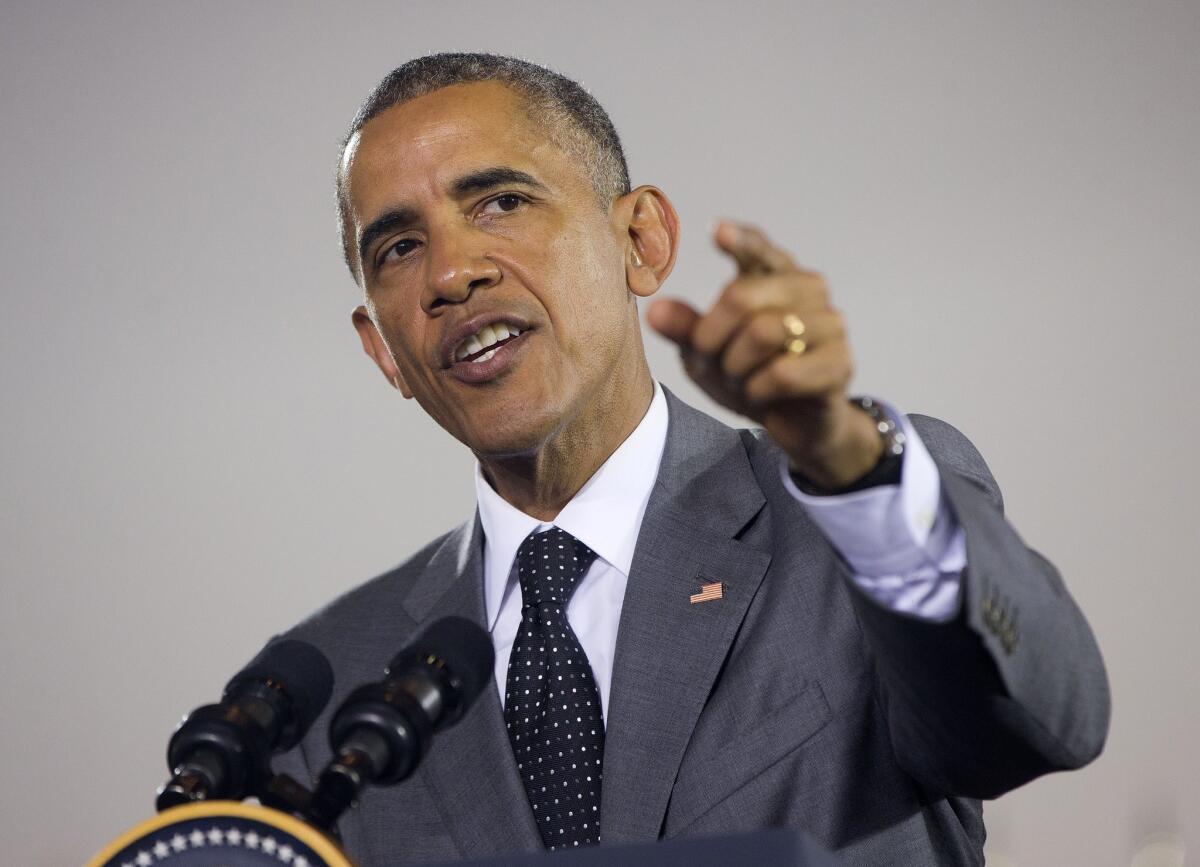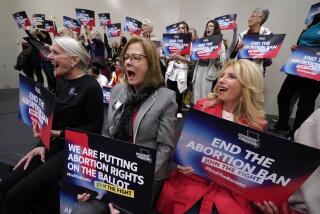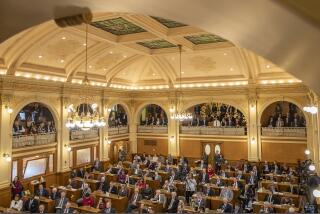Opinion: Banning ‘conversion’ therapy: Should politicians police the practice of medicine?

On Wednesday, the White House announced that the Obama administration supports legislation to outlaw “conversion therapy” that seeks to reverse the sexual orientation or gender identity of people under 18.
A statement by presidential advisor Valerie Jarrett, responding to an online petition to ban such therapy, noted approvingly that “California, New Jersey, and the District of Columbia have all banned licensed professionals from using conversion therapy on minors.”
A day earlier, Kansas Gov. Sam Brownback signed a law outlawing “dismemberment abortion,” defined as “knowingly dismembering a living unborn child and extracting such unborn child one piece at a time from the uterus.” Abortion-rights activists and medical groups see the legislation as aimed at dilation and evacuation, a procedure widely used in second-trimester abortions.
The two stories might not seem to have anything to do with one another, but in fact, there’s a common thread: elected representatives -- “politicians” if you’re being polemical -- overriding the decisions of medical or psychological professionals. Julie Burkhart, the CEO of the Wichita-based South Wind Women’s Center, said on Twitter that the Kansas abortion law “puts women at risk and ties doctors’ hands.”
But laws banning “conversion therapy” for minors also tie the hands of licensed medical professionals who believe that some young patients who are uncomfortable with “unwanted same-sex attractions” can be helped to change their sexual orientation.
The New York Times story about the administration’s statement cited the Narth Institute, an organization that claims that “numerous examples exist of people who have successfully modified their sexual behavior, identity, and arousal or fantasies.”
I doubt that, and I agree with the L.A. Times editorial board that such therapy is “both harmful and insulting to gays and lesbians.” It’s also worth noting that conversion therapists constitute a fringe group. The American Psychiatric Assn. opposes any therapy “based upon the assumption that homosexuality per se is a mental disorder, or based upon a prior assumption that the patient should change his/her homosexual orientation.”
Yet therapists who disagree haven’t had their licenses yanked. While they may not engage in such therapy with minors in states such as California, they may continue to do so with adult patients and clients. (At least until state legislatures decide that all conversion therapy must be banned.)
So is it the role elected legislatures to interfere with the practice of psychiatrists, psychologists and other therapists? In upholding California’s “conversion therapy” law against a free-speech challenge, the U.S. 9th Circuit Court of Appeals cited the state’s authority over licensed professionals -- which it said extended even to circumstances involving what physicians say to their patients.
The 9th Circuit approvingly cited a 1992 decision in which the Supreme Court upheld a provision of the Pennsylvania Abortion Control Act requiring that doctors disclose “truthful, nonmisleading information to patients about certain risks of abortion.”
I suspect that a lot of people who would regard that requirement as “tying doctors’ hands” have no trouble with the ban on conversion therapy -- and vice versa. Which only goes to show that the proper role of the legislature in policing the medical profession isn’t the real issue in either of these controversies. It’s an argument of convenience.
Follow Michael McGough on Twitter @MichaelMcGough3
More to Read
A cure for the common opinion
Get thought-provoking perspectives with our weekly newsletter.
You may occasionally receive promotional content from the Los Angeles Times.







